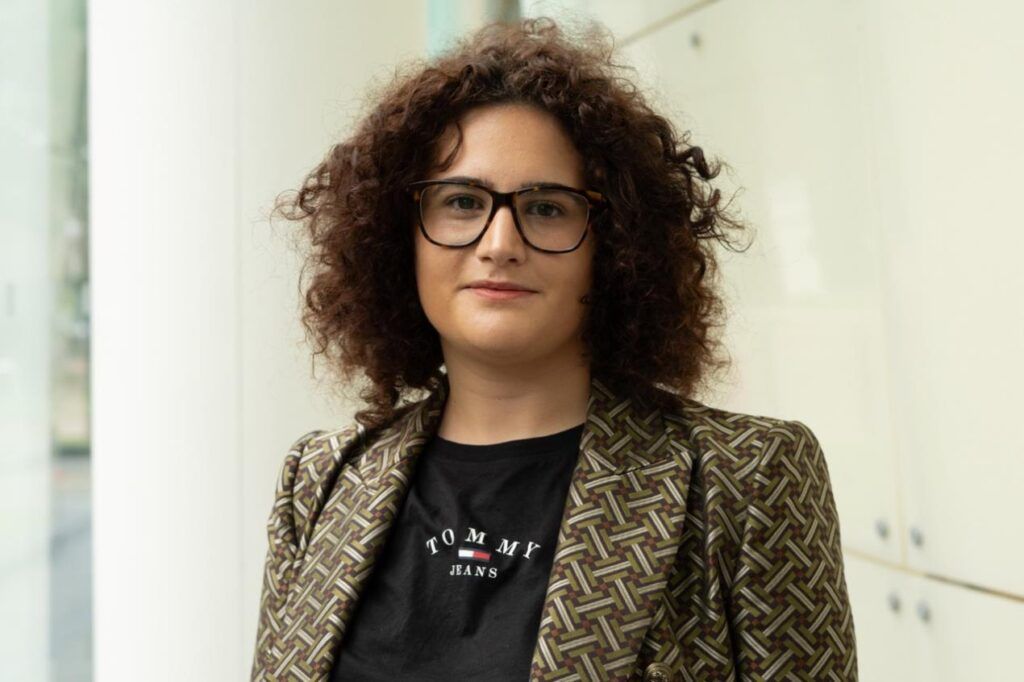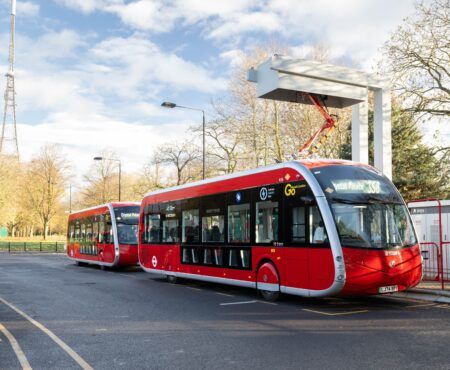A European consortium led by Aston University in Birmingham is developing an innovative AI-powered platform designed to help urban mobility planners analyse data to create greener, more efficient cities as populations grow and strain existing infrastructure.
The interdisciplinary team has received £10,000 in funding from the British Academy for the initial phase of their project, which they hope will lead to more substantial European Union funding through the Horizon Europe program. The consortium includes experts from University College London, Ruralis University in Norway, the University of Turin in Italy, and Lisbon University Institute in Portugal.
Dr Alina Patelli from the Aston Centre for Artificial Intelligence Research and Application and Dr Dalila Ribaudo from the Centre for Business Prosperity at Aston Business School are co-leading the UK-EU consortium consolidation project.

The platform aims to tackle a fundamental challenge facing transport authorities and policy makers who must process vast amounts of data to make effective decisions. “Transportation authorities have an abundance of data to work with – traffic readings, sensor readings, user feedback,” says Dr Patelli in an exclusive interview with TTi. “This generates thousands and thousands of terabytes of data and it’s extremely difficult, dare I say unreasonable, to go through all of that, even with help from the most intelligent minds available.”
The proposed solution is a platform that will provide automated insights into both historical and real-time mobility data. “There’s an AI heart to this platform that detects patterns and predicts the most likely behaviours of traffic and mobility in general,” says Patelli.
“We can’t use large language models… we need a flexible model building approach that’s not tied in by preset pre-programmed patterns or models”
Dr Alina Patelli, Aston Centre for Artificial Intelligence Research and Application
What sets this platform apart from conventional AI tools is its use of evolutionary artificial intelligence rather than neural network-based systems. Dr Patelli explained that large language models and mainstream AI tools “work on a preset modeling technique” and are not easily explainable, making them unsuitable for policy decisions where justification is crucial.
“When it comes to policy, it’s a much more complicated problem,” she says. “We can’t use large language models as they are in order to do that, we need a flexible model building approach that’s not tied in by preset pre-programmed patterns or models.”
The evolutionary AI approach mirrors biological evolution processes and offers complete explainability. “Unlike evolutionary AI, the modelling part is flexible. We don’t have to preset a model. The structure of the model gets built as the AI learns from the training data,” Dr Patelli explained.

This transparency is essential for transport planning decisions. “When it comes to decision making, you need to know why you’re doing what you’re doing and if you’re going to use automated insight to inform your decision making, you’d better well be very clear about the justification behind that recommendation,” she says.
“We need this sort of expertise in order to produce the top levels of the platform, the ones that actually give decision makers the advice, the support, the automated insight that’s drawn by the AI but translated into a language they can understand,” says Dr Patelli.
The first phase, running until March 2026, involves requirements gathering with stakeholders and developing the platform architecture. The team will then submit a proposal to the European Commission’s Horizon 2030 programme for funding to build the complete system.

Dr Patelli emphasizes that the platform’s ultimate goal extends beyond efficiency to encompass safety and environmental benefits. “If cars spent less time on the road because travel is more efficient, then there’s less pollution. And that’s a safety issue because it keeps people healthier,” she says.
The research brings together expertise in applied business, global economics, policymaking, and urban transport planning to address one of the most pressing challenges facing growing cities worldwide.
A full interview with Dr Alina Patelli discussing the technical details and development process of this AI mobility platform will be featured in an upcoming episode of the Transportation Podcast from TTi.





